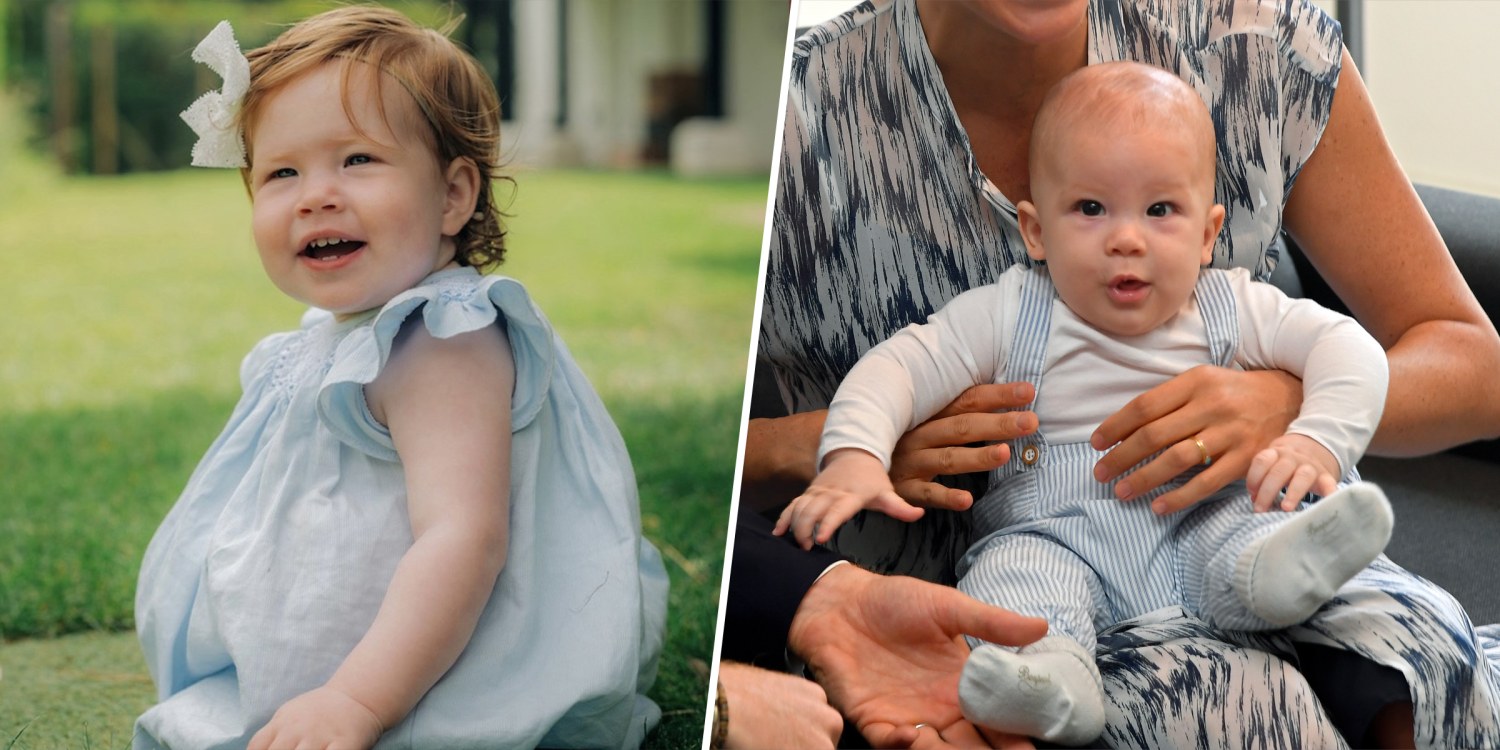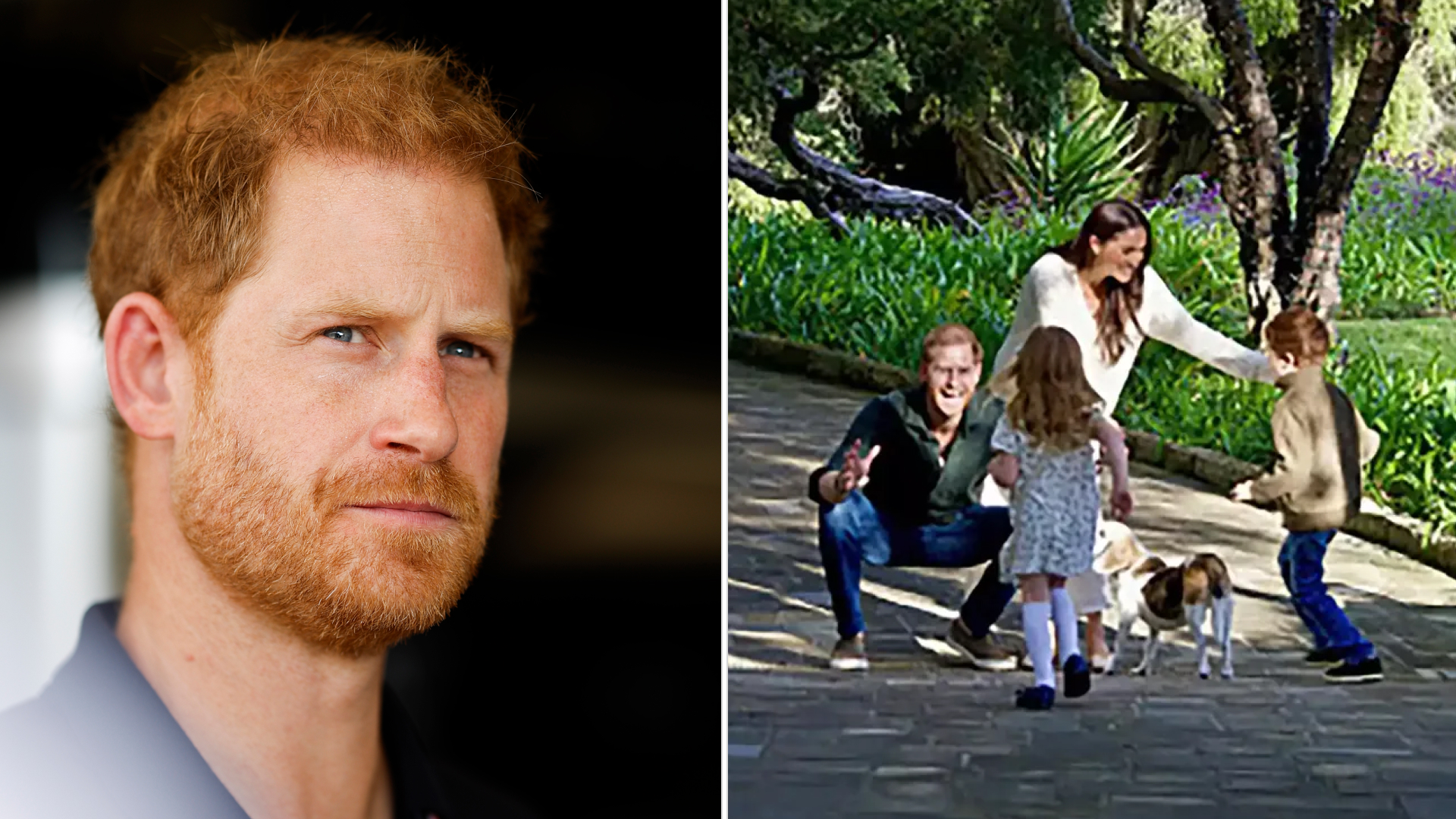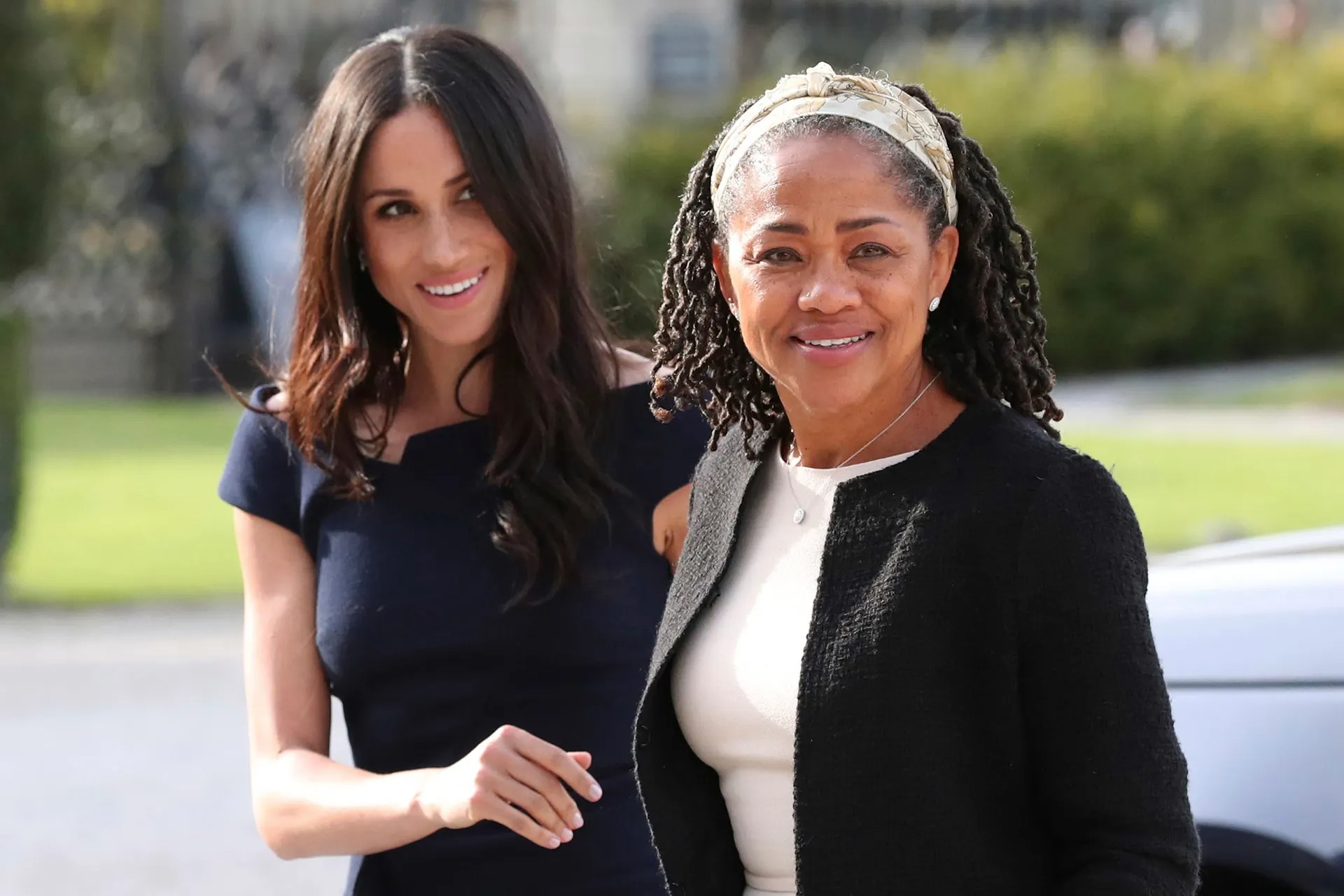Since stepping back from their roles as senior working royals in 2020, Prince Harry, Duke of Sussex, and Meghan, Duchess of Sussex, have focused on building an independent life for themselves and their two children, Prince Archie of Sussex and Princess Lilibet of Sussex. Now living in California, the couple has emphasized their desire to give Archie and Lilibet a private, secure upbringing, away from the intense scrutiny of the British press and royal protocol.
Despite residing in the United States, Archie and Lilibet remain grandchildren of King Charles III and are included in the official line of succession to the British throne. As of July 2025, Archie is sixth in line, followed by Lilibet at seventh.
Do Archie and Lilibet Have Royal Titles?
Yes. In line with King George V’s 1917 Letters Patent, grandchildren of the reigning monarch through the male line are entitled to prince and princess titles. When King Charles III ascended the throne in September 2022, both Archie and Lilibet became eligible for those titles automatically.
In March 2023, a spokesperson for the Duke and Duchess of Sussex confirmed that their daughter was officially styled as Princess Lilibet Diana during her christening ceremony, held privately in California. The update was later reflected on the official website of the Royal Family, affirming their inclusion in the wider royal family structure.

What About Financial Support From the Crown?
The question of financial inheritance or support for non-working members of the royal family — especially those who live outside the UK — is more complex.
According to public records and information available through UK government sources, much of the wealth associated with the monarchy is held in trusts, such as the Crown Estate, the Duchy of Lancaster, and the Duchy of Cornwall. These entities are not personal property of the monarch but assets held “in right of the Crown,” meaning they are legally owned by the reigning monarch but cannot be sold or distributed for personal gain.
-
The Sovereign Grant, funded by UK taxpayers, is used to cover official expenses of working royals and is not considered personal income.
-
The Duchy of Cornwall, now overseen by Prince William, provides income for the Prince of Wales and his family.
-
The Duchy of Lancaster, managed by King Charles, supports the expenses of the sovereign and some family members performing official duties.
Since Prince Harry and Meghan stepped back from royal duties, they are no longer entitled to funding from the Sovereign Grant or public sources. In a 2021 interview with Oprah Winfrey, Harry noted that the couple had become financially independent and no longer received funds from the royal household.
As such, Archie and Lilibet are not expected to receive public funds from the Crown, as their parents are not working members of the royal family. This position aligns with the broader goal of a “slimmed-down monarchy,” which King Charles III has reportedly supported — focusing royal resources on direct heirs and full-time working royals.

Inheritance and Private Wealth
While Crown finances are not accessible for private claims, individual members of the Royal Family may possess personal wealth, which can be passed down according to private wills or family trusts. Queen Elizabeth II reportedly left assets in her personal estate to close family members, although those details were never publicly disclosed, in accordance with UK law that allows royal wills to remain sealed.
It is unknown whether King Charles III or other royals have made or will make private arrangements for Archie and Lilibet. Such matters remain strictly confidential and are not typically discussed by the Palace or the individuals involved.
No official statements from Buckingham Palace, Clarence House, or the Sussexes’ representatives indicate any current financial disputes or requests for royal inheritance involving Doria Ragland, Meghan’s mother. Public claims suggesting otherwise are unverified and should be treated with caution unless supported by credible, on-the-record sources.

Media and Public Interest
As the children of a globally recognized royal couple, Archie and Lilibet frequently attract media attention — often without any direct involvement in public life. Despite their parents’ efforts to keep them out of the spotlight, speculation about their royal status, future roles, and possible benefits continues to surface online and in entertainment media.
However, neither UK law nor the Royal Family’s official policies support the notion that royal children are entitled to financial compensation based solely on their lineage. While titles carry historical and ceremonial significance, they do not come with automatic financial entitlements — especially for those not residing in the UK or engaged in official duties.
It’s important to distinguish between symbolic titles and operational roles within the monarchy. Archie and Lilibet may carry the titles of prince and princess, but their financial futures — like any other children of private citizens — will likely be determined by their parents’ provisions and personal estate planning.

Royal Children and Succession: What the Future Holds
The presence of Archie and Lilibet in the royal line of succession underscores the monarchy’s evolving nature in a globalized world. With family members now living abroad and royal roles being redefined, the British monarchy continues to balance tradition with modern realities.
If either child were ever to take on a public role within the UK, the monarchy could revisit arrangements related to their support or representation. However, no such plans have been indicated by the Palace or by the Duke and Duchess of Sussex.
In interviews and public appearances, Harry and Meghan have emphasized their commitment to raising their children with a sense of normalcy, compassion, and independence. They continue to fund their family life through commercial partnerships, philanthropic efforts, and their media production company, Archewell.
Conclusion: Archie and Lilibet’s Future Lies Beyond Tradition
While public interest in the lives of Prince Archie and Princess Lilibet remains high, the Royal Family’s policies are clear: titles do not equate to financial entitlements, especially for non-working members residing abroad.
Speculation surrounding inheritance or financial demands on behalf of the children lacks verification from credible sources and should be viewed critically. As of now, no legal claims or formal requests for Crown funding have been confirmed by any official representative.
Archie and Lilibet are part of a modern royal legacy — one shaped not only by history and duty but by individual choice and family privacy. Their future is likely to reflect a blend of royal heritage and personal autonomy, guided by their parents’ vision rather than royal tradition alone.
Sources:
-
Royal.uk – Official Website of the British Royal Family
-
BBC News – Royal Family and Succession
-
Gov.uk – Sovereign Grant Report
-
House of Commons Library – Duchy of Cornwall and Duchy of Lancaster
-
The Times – Royal Finances and Public Duties

